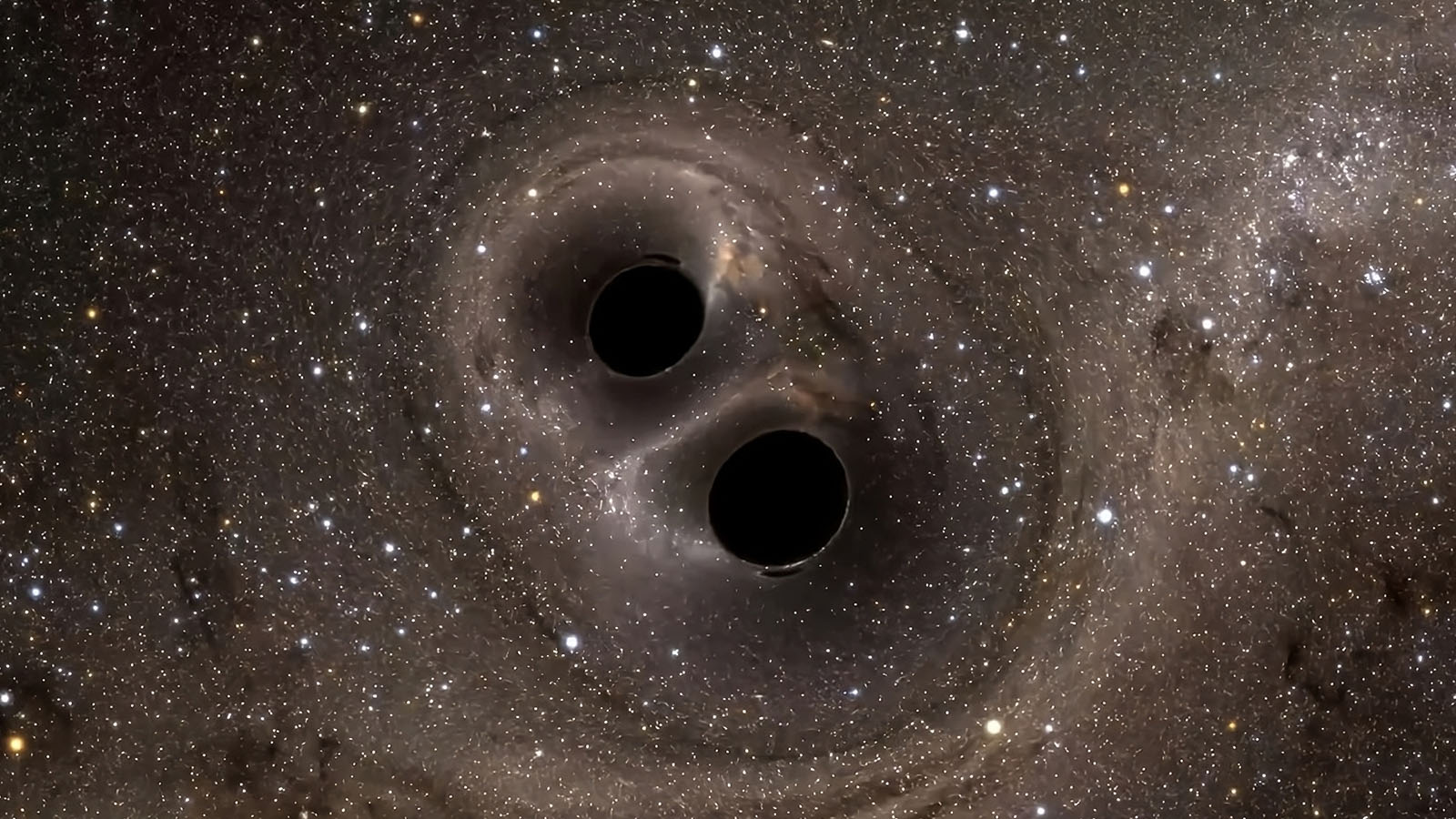
Using advanced computer simulations, Gaurav Khanna with postdoc Tousif Islam and others studied how two orbiting black holes merge, focusing on a key aspect of Einstein's theory of relativity: the "late-time tail" behavior in the gravitational waves they produce. The pair found that as the black holes' orbits become more elongated, these late-time signals become stronger. The way these signals decay over time follows a specific pattern we expected. In the course of their work, the researchers also created a free Python tool called "gwtails" to analyze this data and have shared some of their results so others can verify our findings.
A recent paper "Phenomenology and origin of late-time tails in eccentric binary black hole mergers" by Tousif Islam and co-authors investigates the gravitational wave signals emitted during eccentric binary black hole mergers, showing that late-time tails—slowly decaying waveforms—are significantly enhanced by orbital eccentricity and originate primarily when the smaller black hole passes near apocenter, rather than from strong-field effects near the larger black hole.